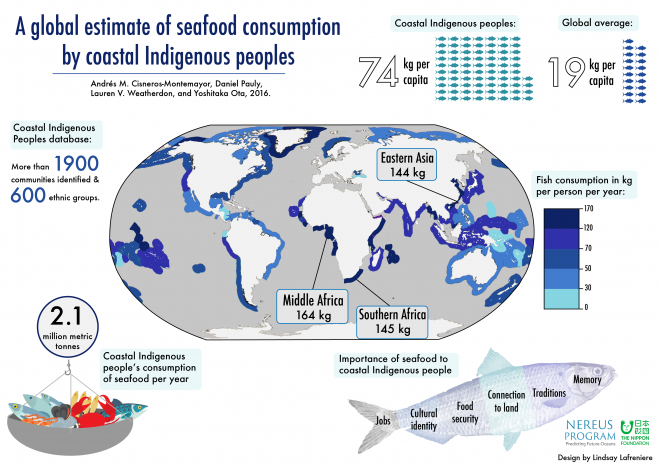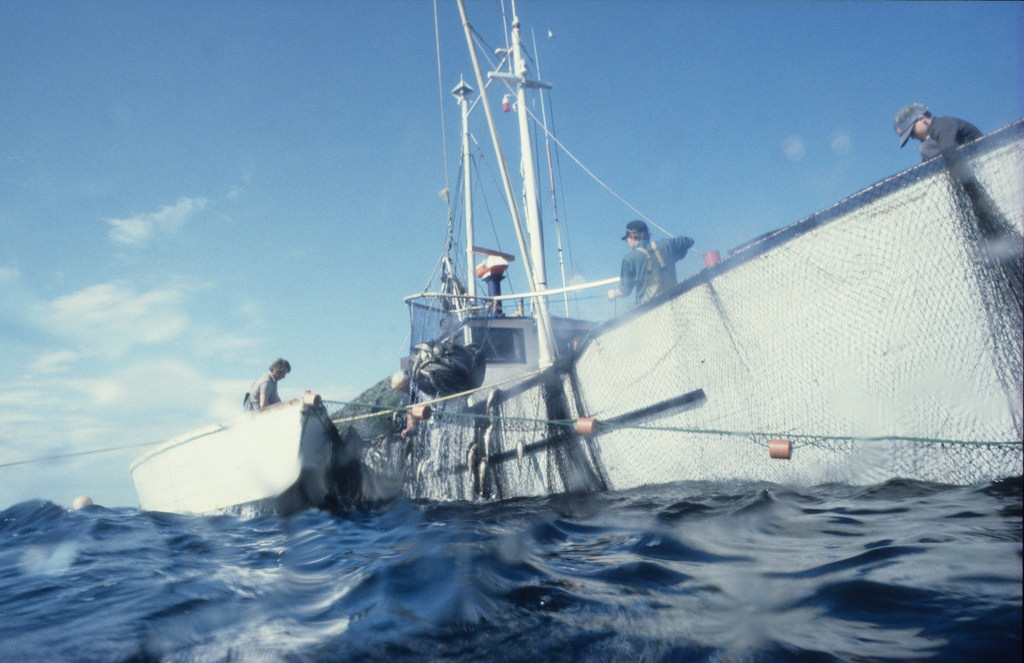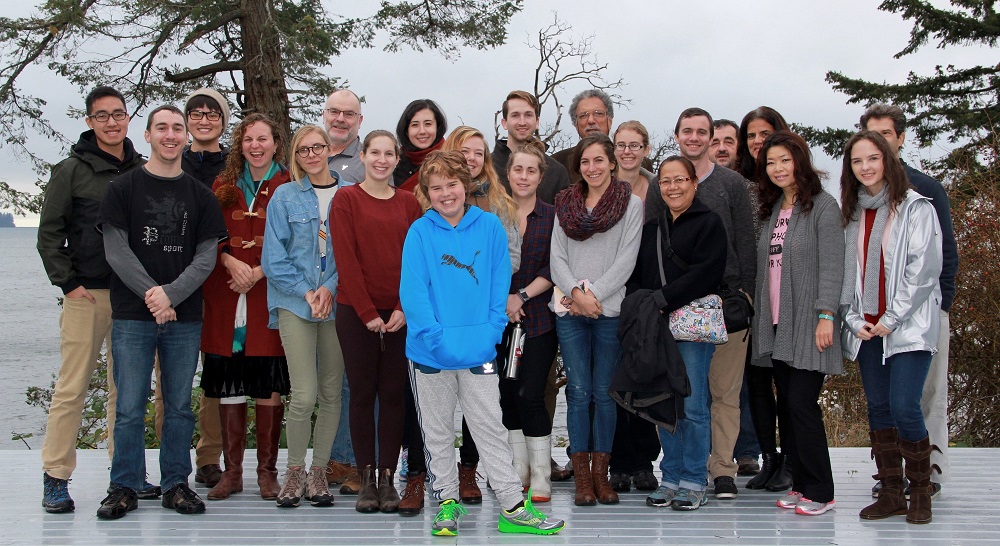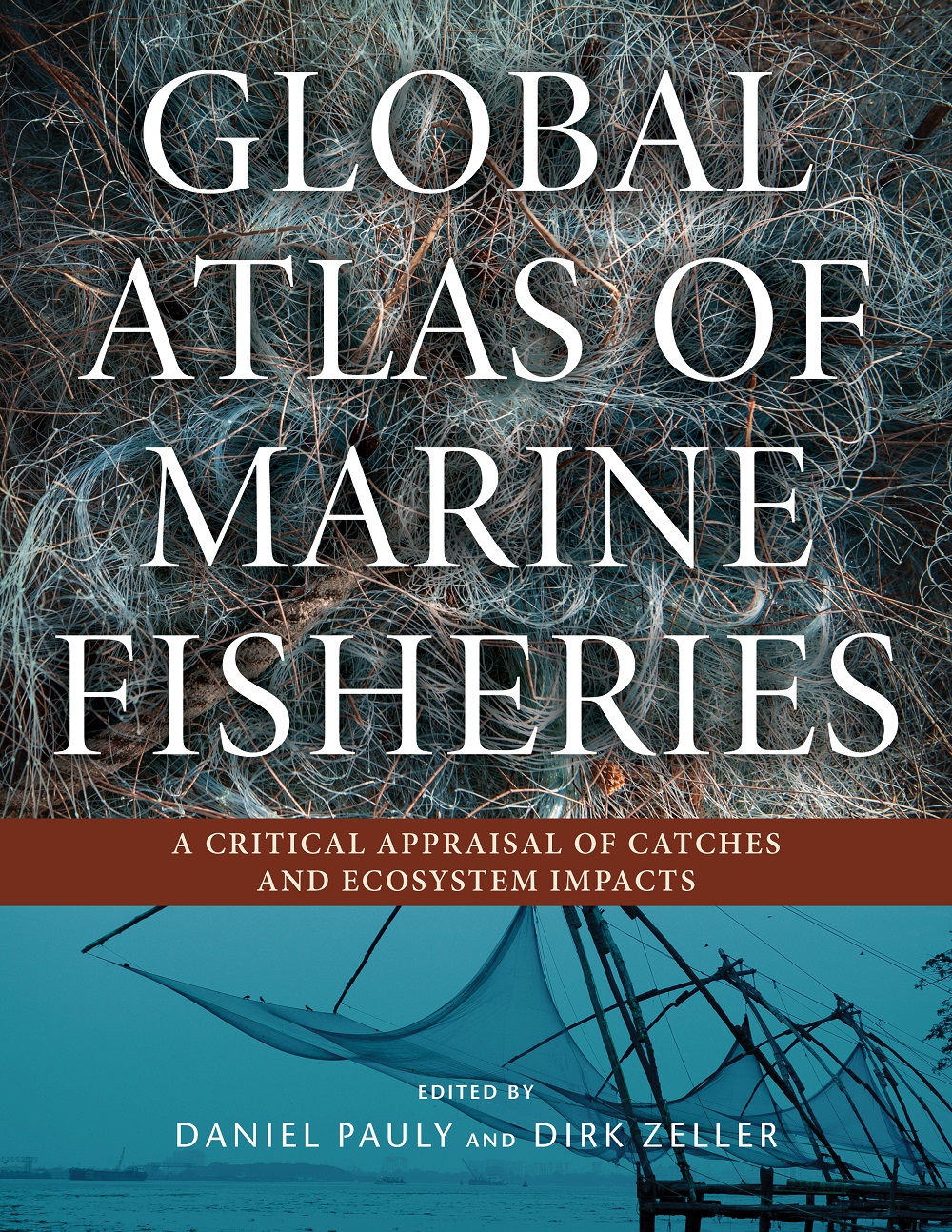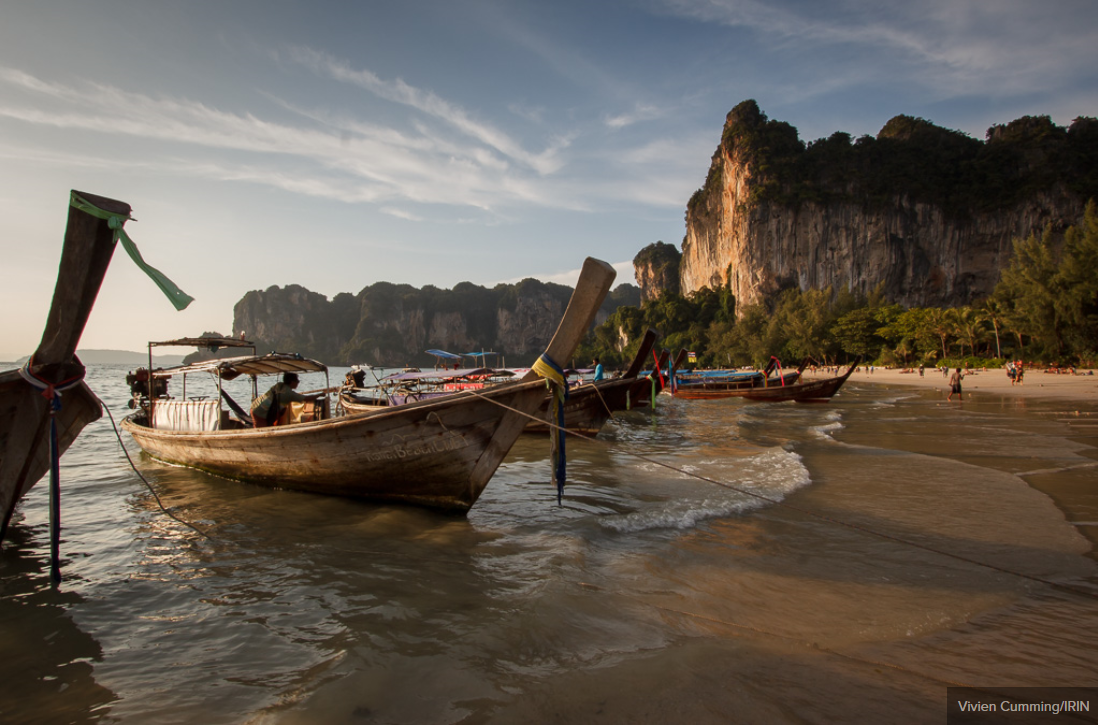Researchers from the Nereus Program at the University of British Columbia’s Institute for the Oceans and Fisheries developed a global database of over 1,900 Indigenous communities and estimated seafood consumption at 2.1 million metric tonnes per year or 2% of global catch.
In other words and as the infographic above shows, coastal First Nations consume 74 kg of seafood per capita, whereas the global average is 19 kg. Continue reading


